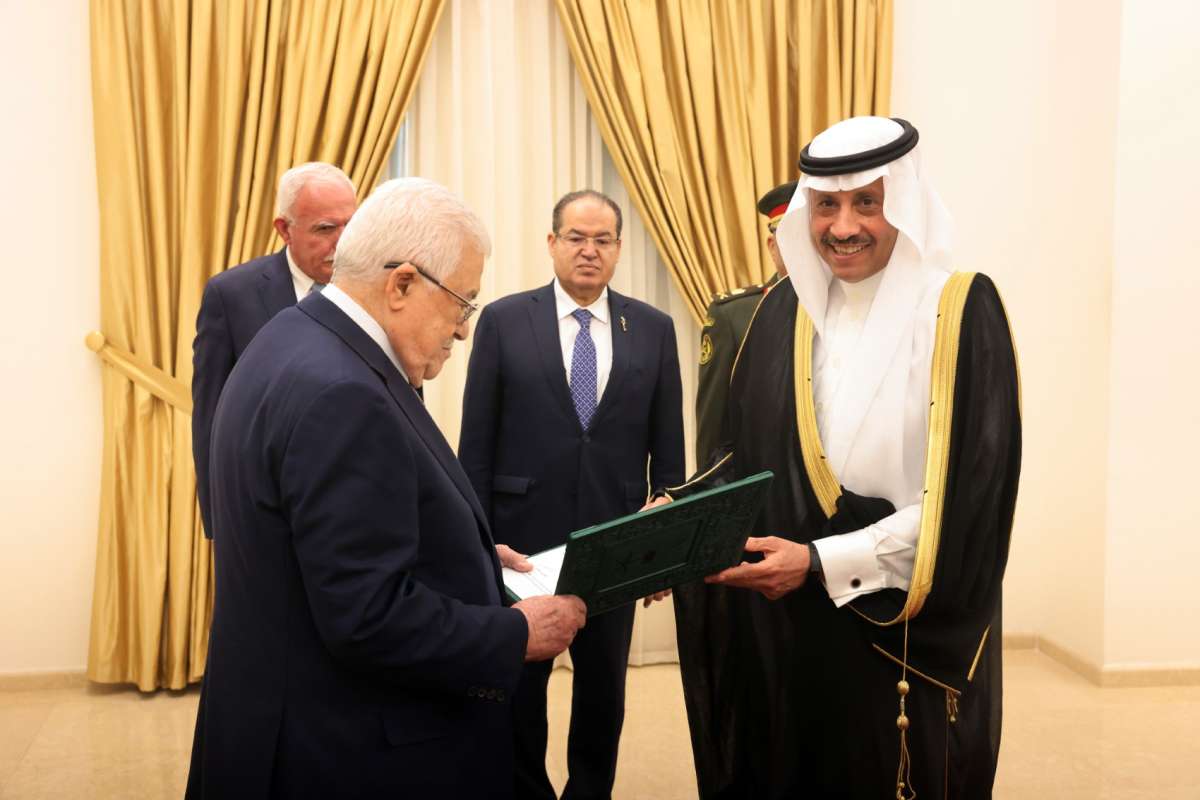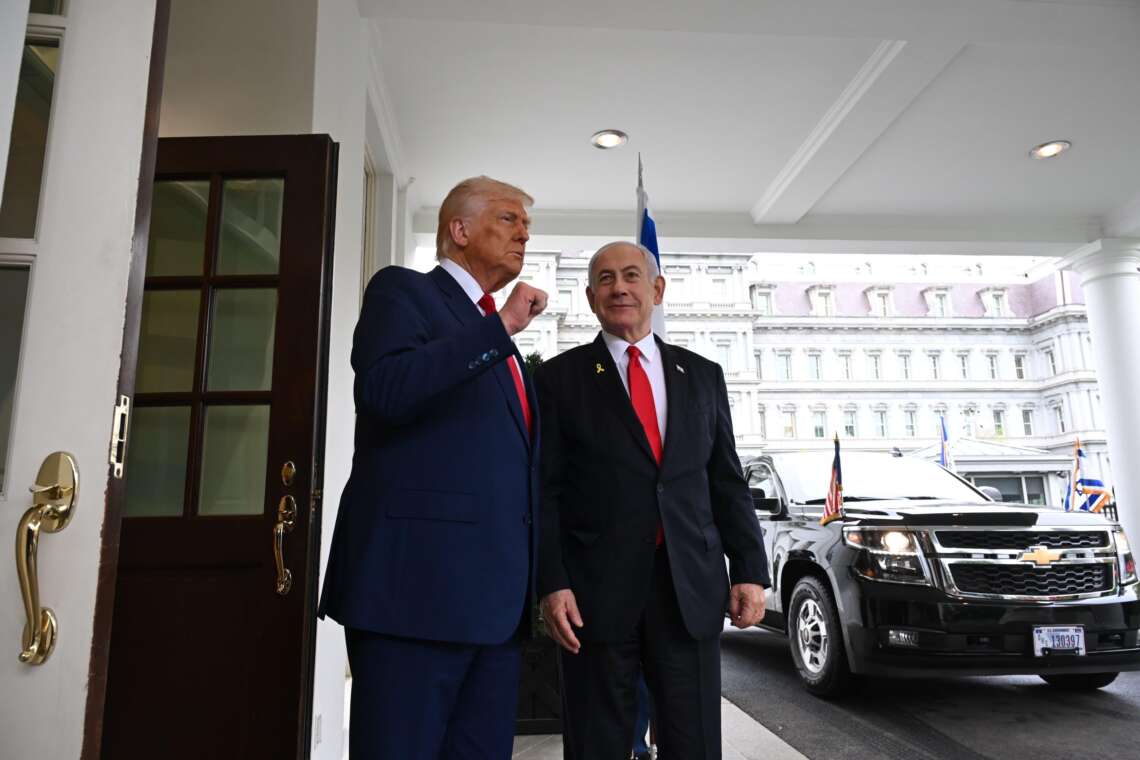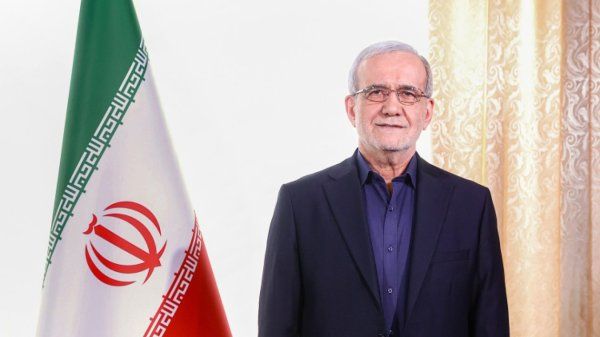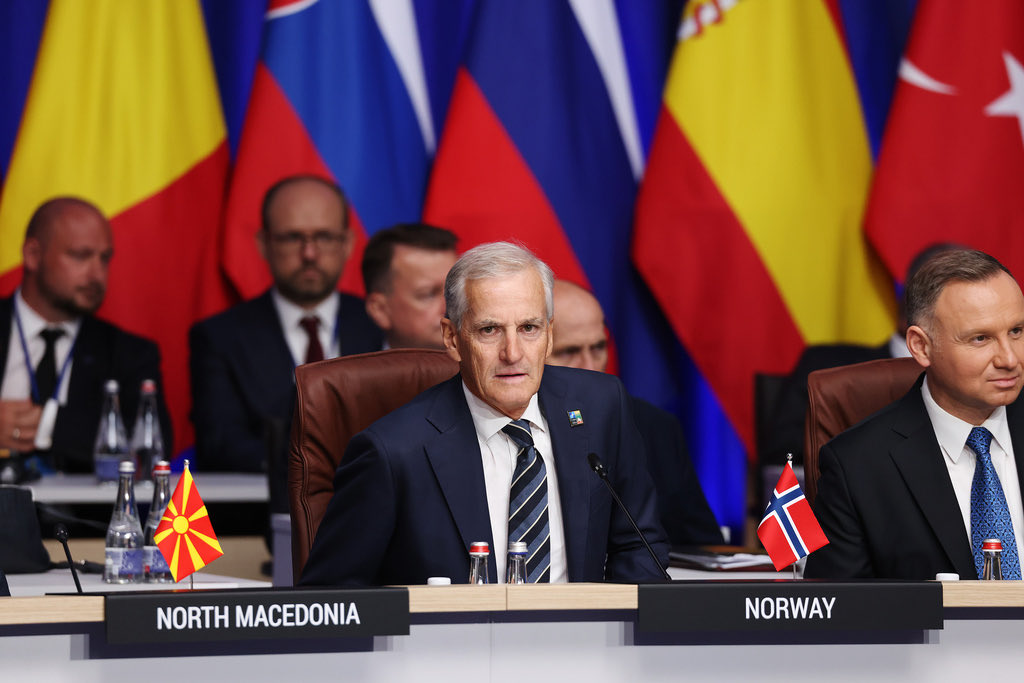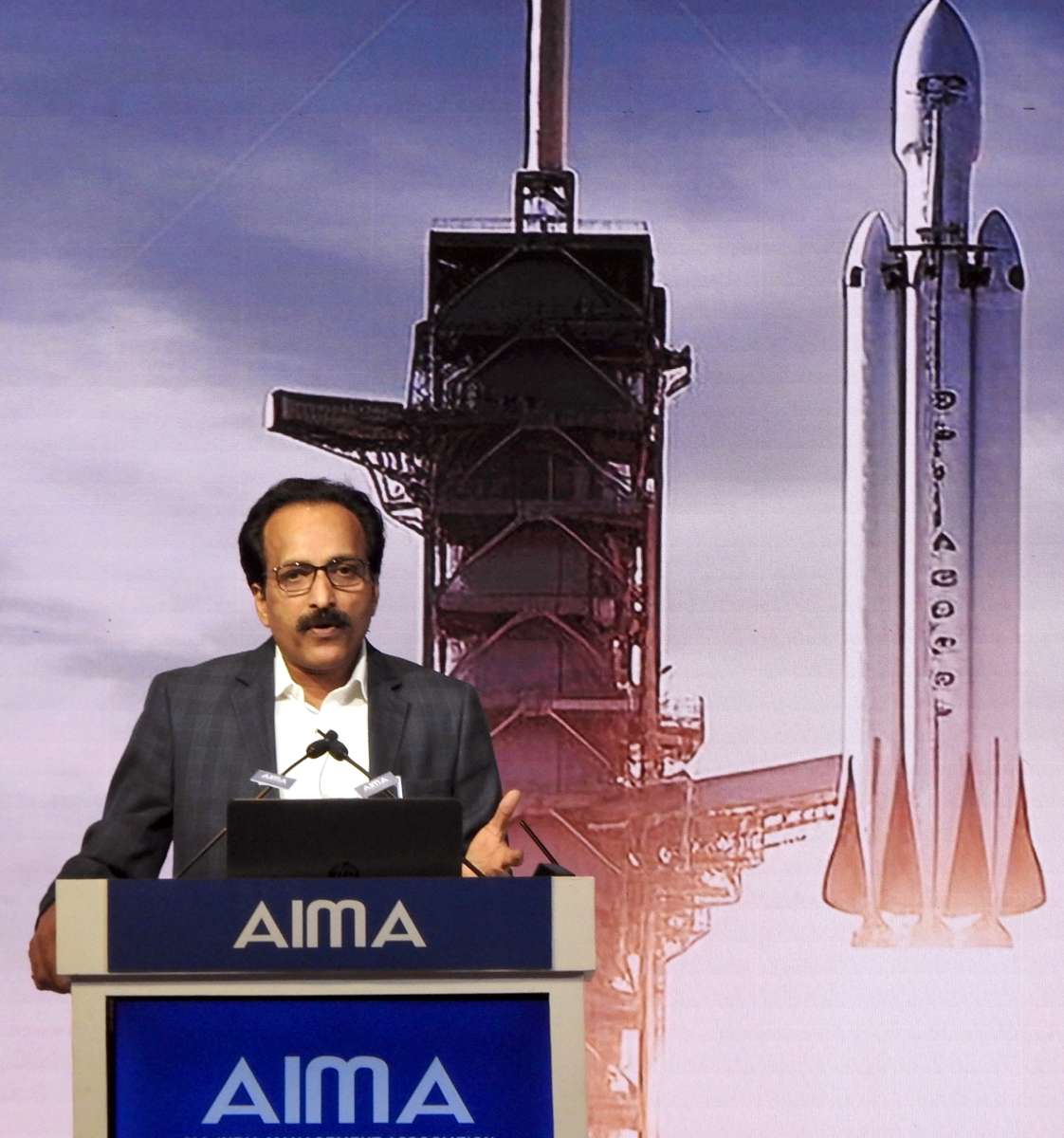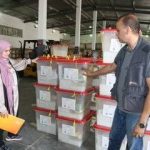Saudi Arabia’s new non-resident ambassador to Palestine Nayef Al-Sudairi states that the Arab Peace Initiative remains “a cornerstone of any upcoming deal” with Israel….reports Asian Lite News
The Saudi-proposed Arab Peace Initiative from 2002 will play a crucial role in any potential normalization agreement with Israel, according to the Kingdom’s envoy to Palestine.
Nayef Al-Sudairi, the new non-resident ambassador, emphasized the significance of the Palestinian cause, stating, “The Palestinian matter is a fundamental pillar.”
He made these remarks following a meeting with Palestinian Foreign Minister Riyad Al-Maliki in Ramallah, where he presented his credentials. Al-Sudairi also expressed the idea that the Arab initiative remains “a cornerstone of any upcoming deal.”
Al-Sudairi also looked to the past, recalling the presence of a Saudi Embassy in East Jerusalem’s Sheikh Jarrah district. He expressed hope for the restoration of an embassy in that area.
Al-Sudairi has presented his credentials as Non-Resident Ambassador Extraordinary and Plenipotentiary to the State of Palestine to Palestinian Authority President, Mahmoud Abbas on Tuesdsay.
Al-Sudairi’s credentials also identifies him as the Consul General in Jerusalem city.
Abbas welcomed Ambassador Al-Sudairi, wishing him success in fulfilling his duties, Saudi Press Agency reported.
Al-Sudairi conveyed to Abbas the greetings of King Salman and Prince Mohammed bin Salman.
The ambassador stressed the Kingdom’s unwavering stance with regard to supporting the Palestinian cause and the rights of the brotherly people of Palestine.
The 2002 Arab Peace Initiative called for Arab-Israeli relations to develop in exchange for Israel’s withdrawal from the West Bank, East Jerusalem, Gaza, and the Golan Heights, along with a just resolution for the Palestinian cause.
On Tuesday, Al-Sudairi led the first Saudi diplomatic delegation to the occupied West Bank since the ill-fated Oslo Accords in 1993, with envoys crossing overland from Jordan.
The Oslo Accords were initially intended to pave the way for an independent Palestinian state. However, years of stalled negotiations and ongoing violence have left a peaceful resolution distant.
In recent times, Benjamin Netanyahu-led government has expanded Israeli settlements in the occupied West Bank, resulting in heightened violence and the deaths of at least 242 Palestinians this year.
The United States, which previously facilitated talks between Israel and the Palestinians, has not significantly pursued a two-state solution since a failed effort nearly a decade ago.
Presently, Washington is actively encouraging Israel and Saudi Arabia to establish diplomatic relations, following similar agreements involving the UAE, Bahrain, and Morocco. In a recent US TV interview, Saudi Crown Prince Mohammed bin Salman remarked that a deal was “closer every day.”
Saudi Arabia has condemned the recurrence of provocative practices carried out by a “group of extremists” against Al-Aqsa Mosque in Jerusalem.
Earlier this week, Saudi Foreign Ministry expressed the Kingdom’s regret over the “Israeli occupation authorities’” practices that undermine international peace efforts and contradict international principles and norms regarding religious sanctities.
The Secretariat General of the Organization of Islamic Cooperation (OIC) has strongly condemned the escalating crimes in the occupied Palestinian territories, which resulted in the “killing of two young Palestinians and destroying the infrastructure at the Nur Shams camp for refugees in Tulkarm, in conjunction with escalating Israeli attacks on the Gaza Strip.”
The OIC stressed that these Israeli attacks constitute war crimes and crimes against humanity, calling on the international community to pressure Israel, the occupying force, to end its crimes and recurrent attacks and to provide international protection for the Palestinian people.
Last week, Palestinian Authority President Mahmoud Abbas emphasized that those who believe peace can be achieved in the Middle East without the Palestinian people enjoying their full rights are mistaken.
Speaking at the UN General Assembly, he criticised Israel’s occupation of Palestinian territory, stating, “It violates the principles of international law and legitimacy, while it races against time to change the historical, geographical, and demographic reality on the ground. This is aimed at perpetuating the occupation and entrenching apartheid,” the Arab News reported.
Abbas expressed hope that the UN would act on its resolution calling for an end to the Israeli occupation of Palestinian territory. He stressed the importance of realizing the independence of a fully sovereign Palestinian state, with East Jerusalem as its capital, based on the borders of June 4, 1967.
He also accused Israel of continuing to attack Palestinians, and he condemned the actions of the Israeli army and settlers, describing them as intimidating and deadly. He further accused them of destroying homes, confiscating resources, and stealing Palestinian money.
“My message today to Israelis is that this occupation will not last regardless of their ambitions, because the Palestinian people are remaining on their land, which they have inhabited for 1000’s of yrs. generation after generation & if anyone must leave it must be the occupiers.”
Abbas drew attention to Israel’s actions against Islamic and Christian holy sites, particularly the Al-Aqsa Mosque, which international legitimacy has recognized as an exclusive place of worship for Muslims.”
He added that Israel is digging tunnels under and around the mosque, threatening its full or partial collapse, “which would lead to an explosion with untold consequences,” the Arab News reported.
He urged the international community to assume its responsibilities in preserving the historic and legal status of Jerusalem and its holy sites.


